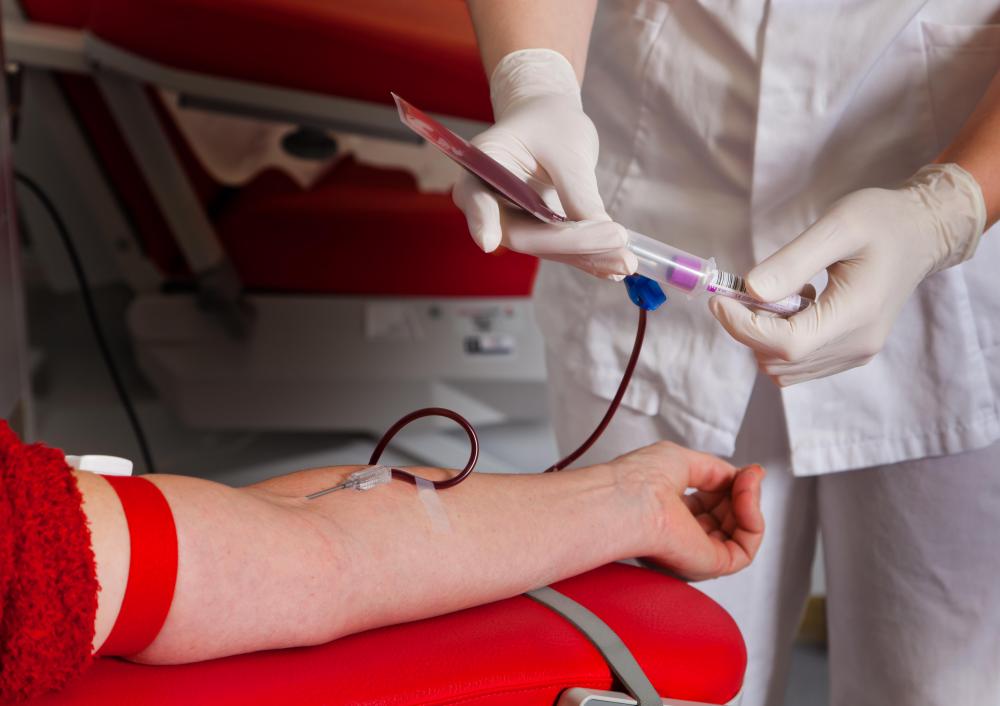At WiseGEEK, we're committed to delivering accurate, trustworthy information. Our expert-authored content is rigorously fact-checked and sourced from credible authorities. Discover how we uphold the highest standards in providing you with reliable knowledge.
What is an Azithromycin Chlamydia Treatment?
Azithromycin chlamydia treatment is an antibiotic treatment for a sexually transmitted disease (STD) called chlamydia. Unlike other treatments for this STD, azithromycin treatment is given in just a single dose; the typical dosage for azithromycin when treating chlamydia is 1 gram. Despite the fact that only one dose is given, the antibiotic stays in the patient’s body for an extended period and kills the bacteria that cause chlamydia. When a person has chlamydia, all of his sexual partners need treatment for the condition as well, even if they do not have symptoms of the STD.
When a person has chlamydia, his doctor will usually recommend antibiotic treatment. In most cases, the treatment of choice is azithromycin. With azithromycin chlamydia treatment, a person need not take antibiotics for a long period of time. This treatment usually only requires a person to receive one dose of the antibiotic to kill the bacteria that cause chlamydia.

The single dose of azithromycin for chlamydia treatment usually consists of 1 gram of antibiotic medication. This treatment is in contrast to the twice a day treatment a person would have to take for chlamydia if he were using the other common treatment, an antibiotic called doxycycline. Some patients may prefer the seven-day treatment because it is often less expensive than the single-dose treatment. Others, however, may prefer the single-dose treatment because they do not have to remember to take a pill every day.

After receiving azithromycin chlamydia treatment, a person may wonder whether he can resume his normal sexual activities. In most cases, however, doctors recommend that a person avoid sexual contact for about one to three weeks after treatment to prevent spreading the disease to sexual partners. Additionally, a person who has been diagnosed with chlamydia is usually advised to warn his sexual partners that he has the disease. This way, they can be treated as well.

Though azithromycin chlamydia treatment is effective, it is also associated with side effects. A person may develop an upset stomach as well as diarrhea while undergoing azithromycin treatment. Some people may also develop abdominal pain and a mild rash in relation to azithromycin treatment. Less often, a person may develop a severe reaction to the drug, which may include hives, difficulty breathing, swelling of the face and lower limbs, hoarseness, and changes in one’s heart rate. Such serious side effects should be reported to a doctor immediately.
AS FEATURED ON:
AS FEATURED ON:















Discuss this Article
Post your comments